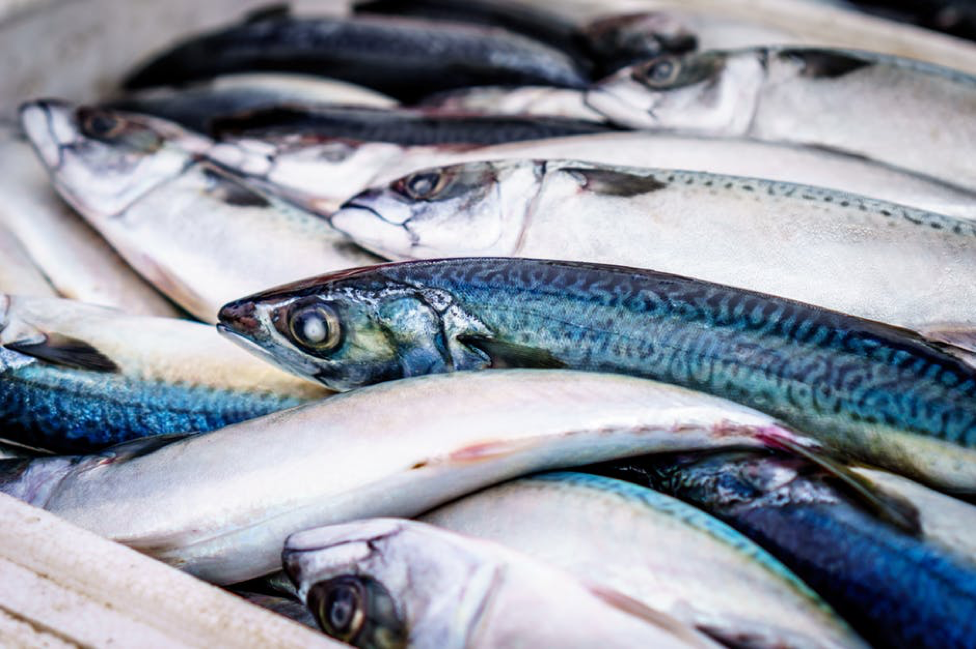The fishing industry is one of the oldest in the world. Going back thousands of years, humans have used the sea as a valuable resource to help in gathering food. Of course, though, like anything modern, today’s fishing industry takes things to a whole new level. With millions of fish being caught each year, it’s easy to see how strain is being put on our oceans. But, how exactly does modern fishing work? To help you understand this, this post will be going through some of the stages of this process. So, now, you might want to think twice before enjoying that Tuna steak.

In the modern world, most of the fish people eat come from a farm. Yes, today, fish aren’t just caught, they’re farmed. These farms are in the ocean, to provide the fish with everything they need. They are usually made from large nets, which are held to the sea floor. Making a cylinder like this is enough to trap tens of thousands of fish. This sort of fishing is often seen as negative, unfortunately. Often, the fish raised this way have to live in very cramped conditions. And, the impact it has on the local ocean environment is huge.
Once fish have been raised and plucked from the ocean, they are ready for processing. The process each fish goes through at this stage will depend on the species itself. For example, Tuna and Salmon processing equipment is very different, because the fish are different shapes and sizes. Along with this, different machines will be used to do different things with the fish. Some might be made into sandwich fillers, and others could be fillets. Regardless of what they become, though, most of this work will happen at this stage.
Some companies buy and consume huge amounts of fish. For example, a popular seafood restaurant may get through several hundred individual fish in a single night. Demand is very high for this sort of food. And, this demand is worldwide. This makes life very hard for distributors, as they have to supply more than they can. Throughout much of the world, this has lead to overfishing, causing huge drops in the populations of fish in the sea. As time goes on, this will become a much bigger issue, as the fish will eventually run out.
Of course, all of this doesn’t mean you have to feel guilty about eating fish. In most cases, this sort of food is incredibly good for you. Unlike meat, fish is very low in fat, making it a great diet option. Along with this, a lot of fish are rich in essential nutrients like Omega 3 and calcium. So, instead of abandoning them entirely, it could be worth trying to find a source which is responsible. If everyone did this, the issues fish are facing would be non-existent.
Hopefully, this post will inspire you to go out and find alternatives to the regular fish products you buy. A lot of people rely on fish to make their livelihood. And, some even rely on them to survive entirely.





